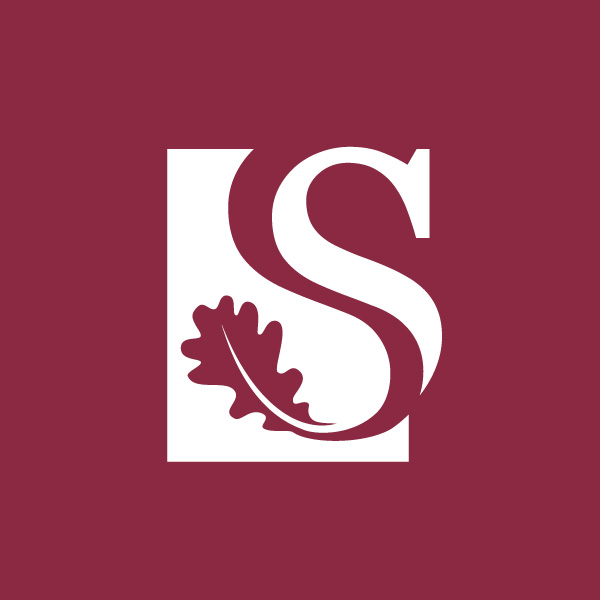EFL (English Foreign Language), ESP (English for Specific Purposes), IELTS (International English Language Testing System) – these are examples of the many common abbreviations one hears on the Stellenbosch University (SU) campus.
These abbreviations are, interestingly enough, not used as much by academics as they are by students – international students pursuing English language acquisition courses and South African native and non-native speakers of English. Many native-speakers of English complete the Language Centre’s TEFL (Teaching English as a Foreign Language) course in search of overseas teaching positions. Moreover, it is evident from the increase in the number of registered students in both the IEP (Intensive English Programme) and TEFL courses that SU’s Language Centre is fast becoming the preferred destination for both English language acquisition courses and TEFL training in South Africa.
In addition to offering the above courses, the SU Language Centre also welcomed three new groups of international guests recently. A group of 13 undergraduate exchange students from the China-Africa International Business School of Zhejiang Normal University arrived to broaden their horizons and eight senior individuals in the post-harvest agricultural field from countries such as Sudan, Kenya, Ethiopia, Rwanda and Cameroon set foot in Stellenbosch not too long ago. Five high-ranking academics from Omar Bongo University in Gabon were also received, among whom were the Rector of Omar Bongo University and the Advisor to the President of Gabon. The reason for the Gabonese delegation’s visit was not only to improve their English language skills, but also to discuss what role the Language Centre could play in the transformation of the Gabonese language policy to change the country’s status from that of a unilingual French-speaking country to that of a bilingual country where both French and English are accommodated.
The Language Centre can pride itself in playing an instrumental role in the transformation of the lives of people – not only at an institutional level but also at an international level. This commitment to language development will only strengthen our resolve to becoming one of the best language centres at a world-class university.
[hr2]Language courses for international students
This post is also available in: English



